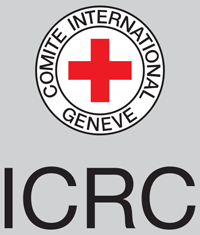"The ICRC's work and responsibilities have changed totally today. This is not something new," government spokesman, Minister Keheliya Rambukwella, told the media on 20 November. "We are of the opinion that as the situation of the entire country changes, their [the ICRC's] work and responsibilities also have to change."
Rambukwella said that since the conflict ended in May 2009, the Foreign Ministry had informed that ICRC of the government's position.
The ICRC said it was making preparations for the closures. "No firm date has been set yet," Sarasi Wijeratne, ICRC spokeswoman in Colombo, the capital, told IRIN.
She said the ICRC was expecting to meet government officials soon to discuss the modalities of the phasing out and continuing its work from the Colombo office. The two regional offices in Jaffna and Vavuniya assist families to visit detainees and helped returning civilians displaced by the war, while the Jaffna office also provided prostheses to those injured in the war.
Scaling down
More than 280,000 civilians displaced by the war have since returned to their home villages or live with host families, while only about 17,000 remain in welfare centres in Vavuniya and Jaffna districts, according to the government.
The ICRC has been scaling down operations since mid-2009. By July 2009, it had closed four offices in the country's east in the Trincomalee and Ampara districts following government requests. It will also close its office in the Mannar District, in the northwest, this month. That decision was taken by the ICRC alone.
The agency has been operating in Sri Lanka since 1989. When fighting between government forces and the defeated Tamil Tigers escalated in late 2008, it was the only international agency with any kind of staff presence in the war zone following the pullout of UN and other agencies.
ap/ds/mw
This article was produced by IRIN News while it was part of the United Nations Office for the Coordination of Humanitarian Affairs. Please send queries on copyright or liability to the UN. For more information: https://shop.un.org/rights-permissions




